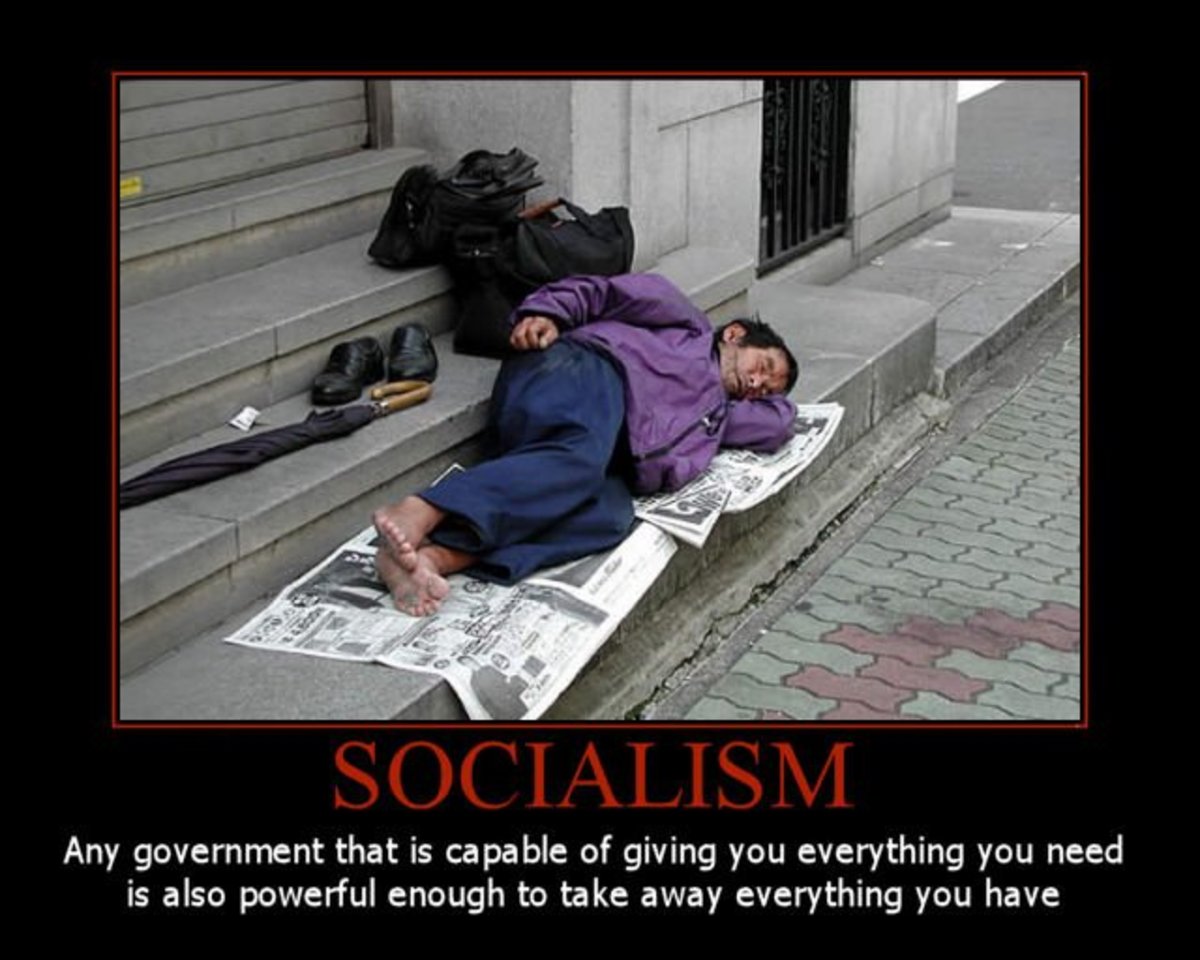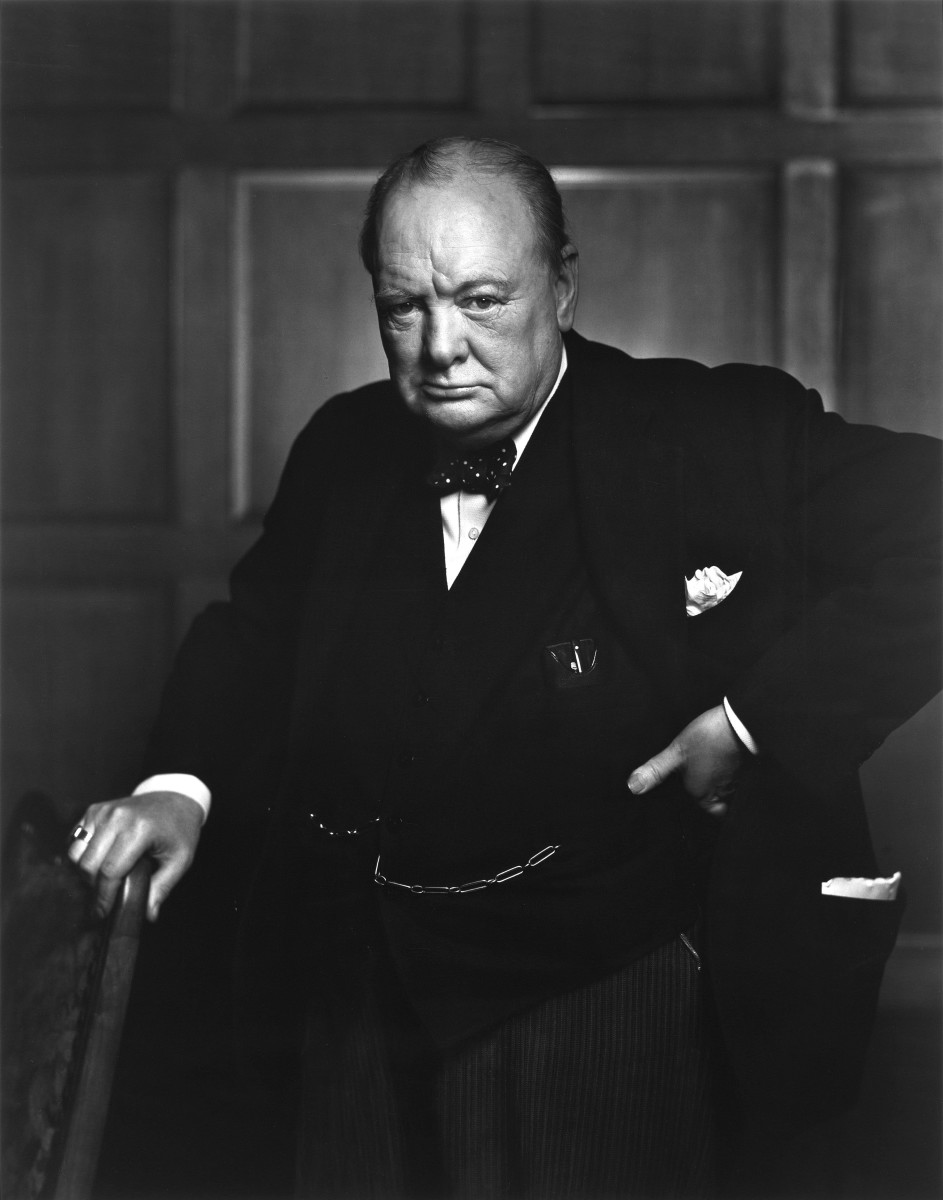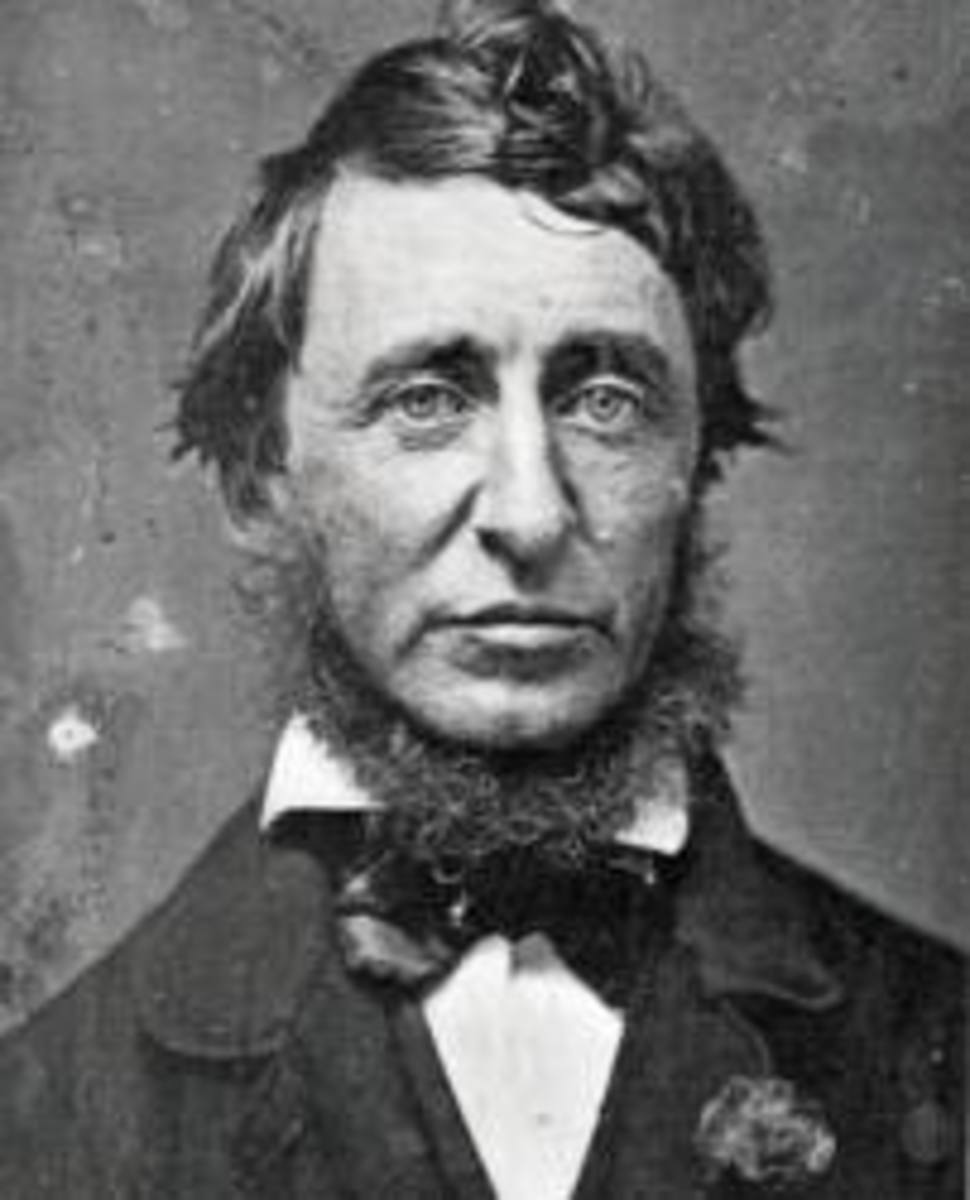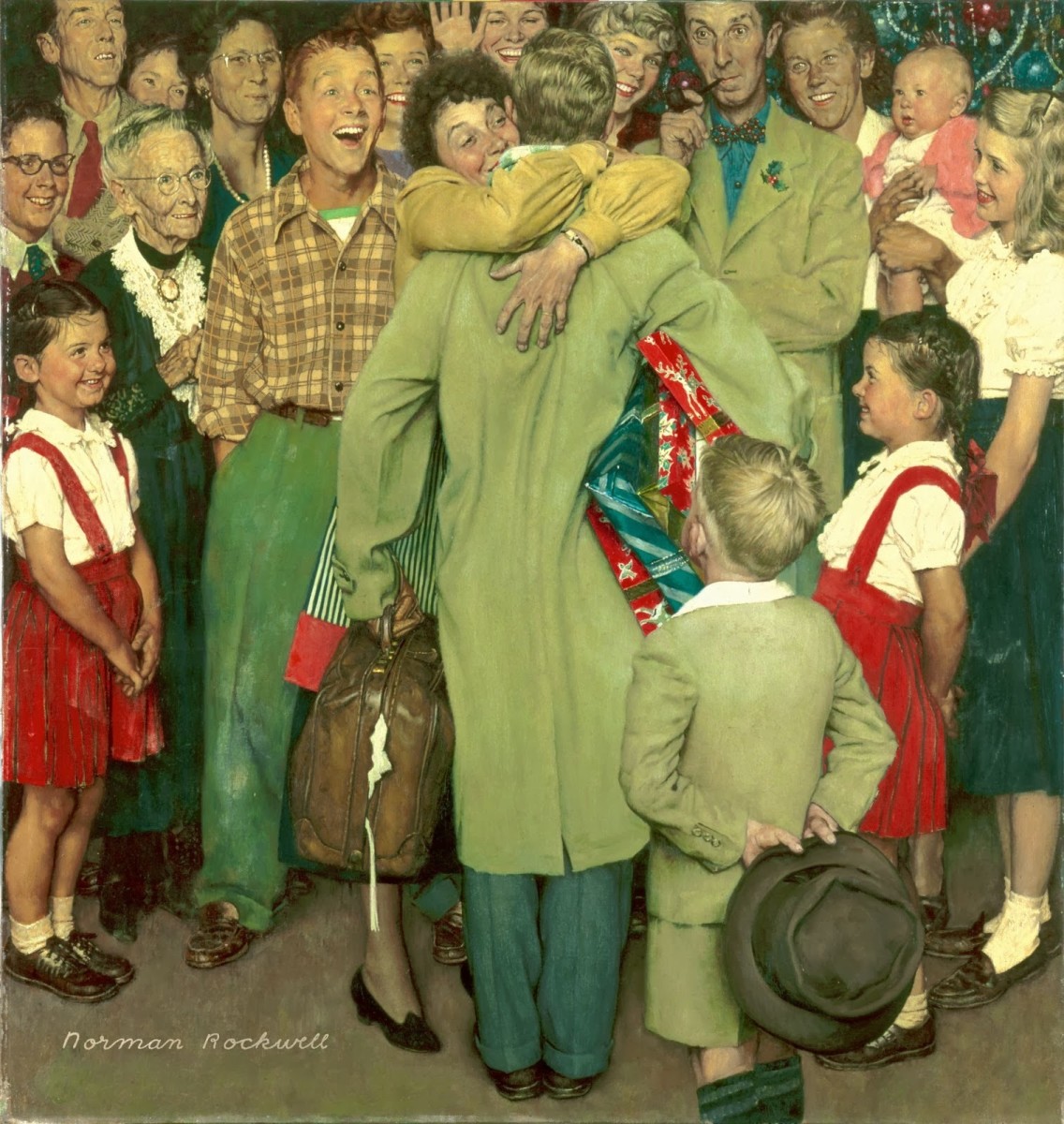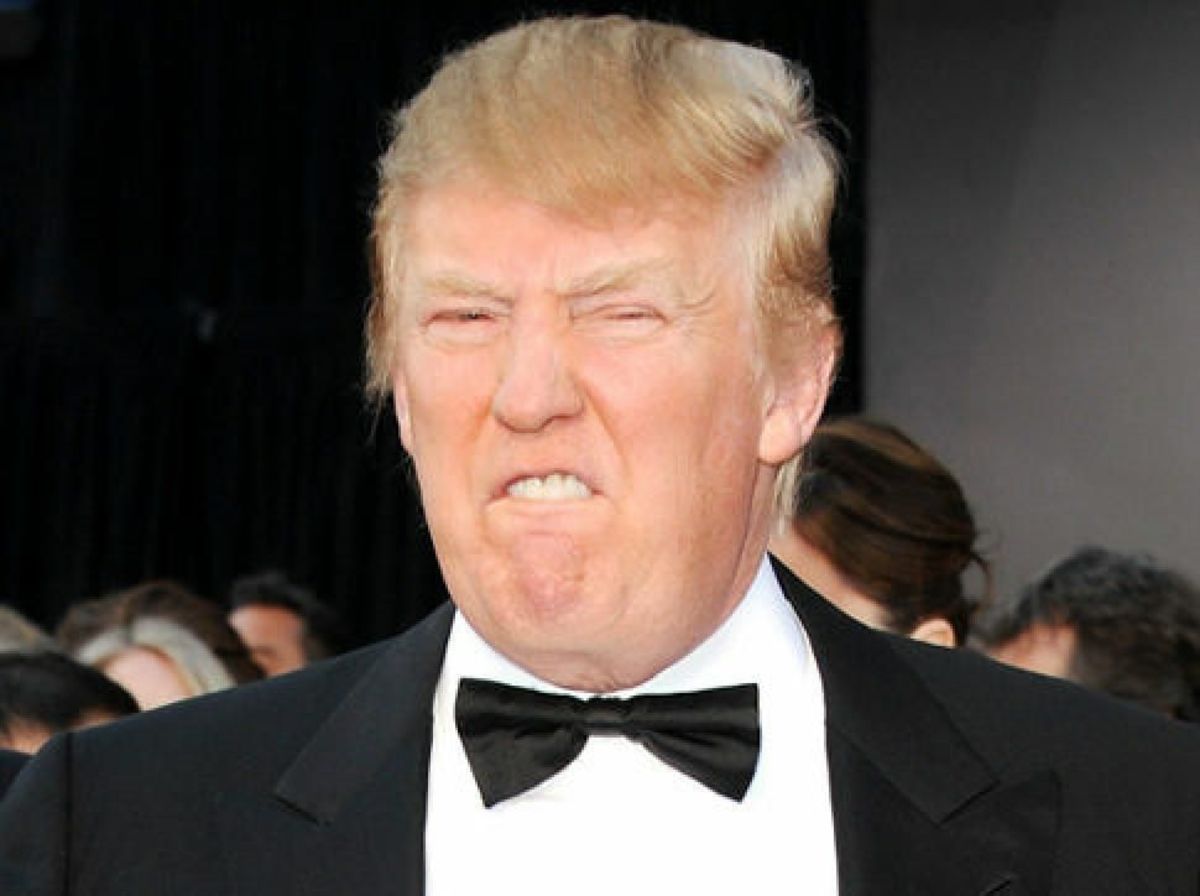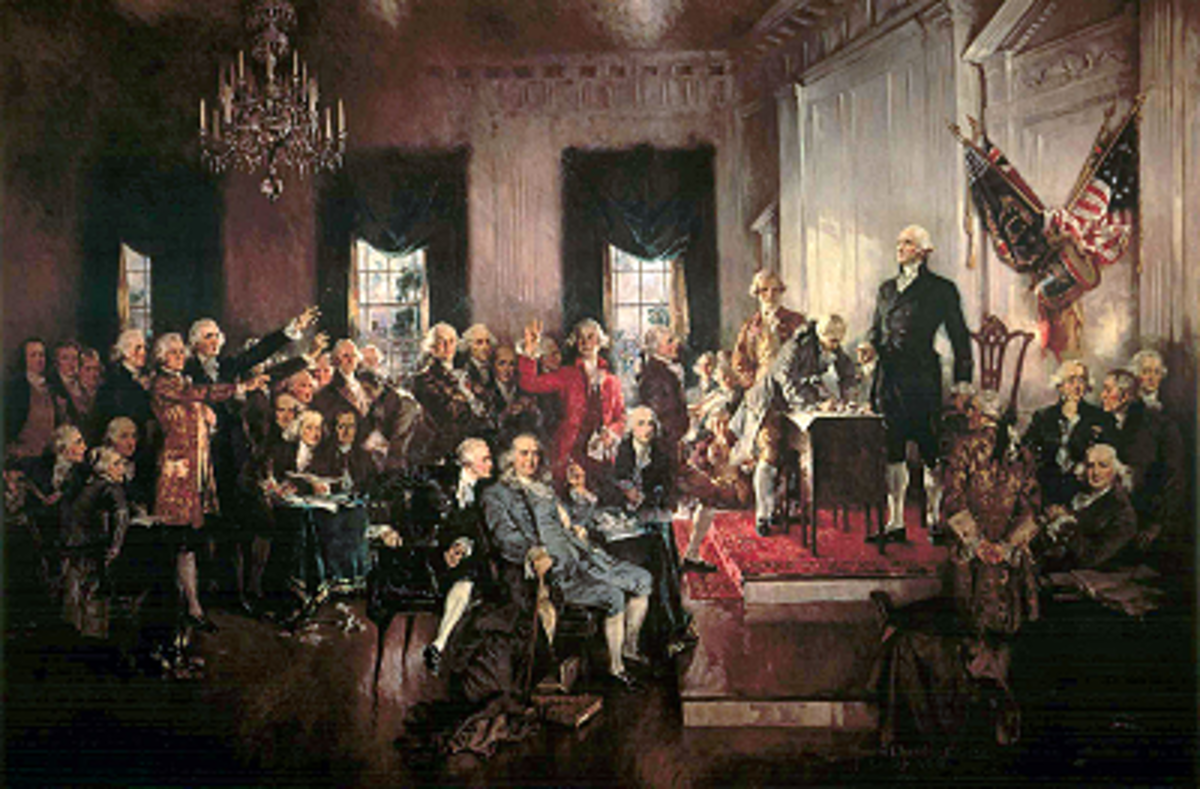What Are the Principles That Define a Democracy?
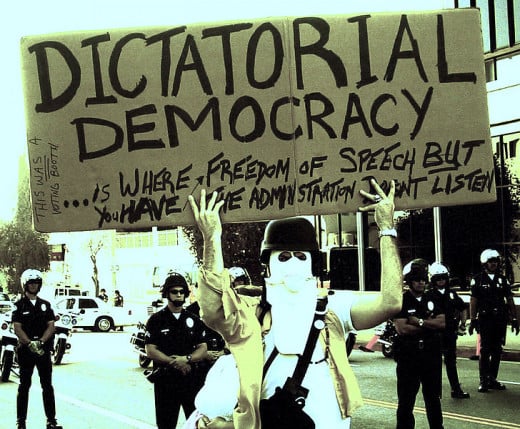
Introduction
In a pamphlet called Common Sense, American patriot and founding father Thomas Paine declared that it does not matter if a country approves a monarchy, the law would still be king. According to him, in free countries and absolute governments, the law was supposed to be king. That is the reason why the feudal barons forced king John of England to sign the Magna Carta as an assurance to the people of England to respect the rule of law. The rule of law is what holds back the government from doing whatever it feels like doing. It is the hammer with which people can hold the government to account whenever it fails to respect the rights of its people. The rule of law sets out the rules that every government must follow. Without the enforcement of the rule of law by an independent government, then all the other principles of democracy are at risk.
There is no government in the world that can claim to have all the essentials of democracy. In the same vein, there is no single definition that can be given to what democracy is. However, there are certain principles upon which there is agreement that for any democracy to stand, they have to be present. The main principles proposed as the most essential include the consent by those governed, constitutional limits on government, majority and minority rule, accountability and transparency, economic freedom, free and fair elections, rule of law, human rights and freedom from state tyranny, freedom of expression, association, and religion. There could be other key principles, but these are the most important. Among these, we shall look at three of them that could be the top principles among the others. These are the rule of law, free and fair elections and consent of the governed.
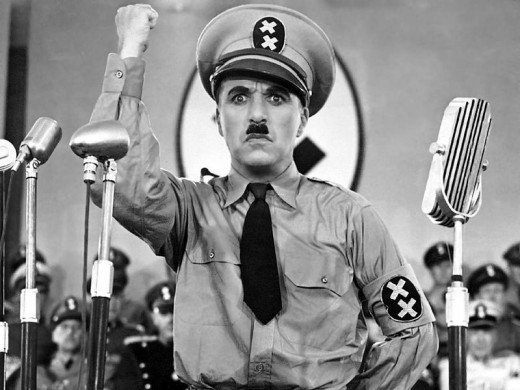
The Rule of Law
An example is given that, during the war against the Nazis, a minority Muslim group called the Crimean Tatars joined the soviet unions’ army to fight against the Nazis. However, the leader of the union questioned the loyalty of this small group claiming that a few of them had been fighting with the Nazis. Following these claims, he declared that the entire group be deported to Uzbekistan and Kazakhstan by train. In a span of two days, the Soviet secret police rounded them up and deported them. Owing to this movement, close to a third of them died due to hunger exposure and diseases. This is an example of the unchecked rule that a careless leadership can plunge a country. Vaguely said, the rule of law keeps states from totalitarianism. The rule of law is distinctly different from the rule by law. In the rule by law, the government uses the law as an instrument of fulfilling its purposes; the government controls the law. The rule of law is a state where the law has autonomy from everyone. In that case, no one is supreme to the law including the government. The law then does not depend so much on the authority that it carries, but rather on the degree of autonomy that it has. Based on that understanding, the rule of law has three meanings. To begin with, the law is the regulator of government; secondly, the rule of law is the instrument of equality in the eyes of the law and finally, it stand for formal justice and procedure.
As a regulator of power, the rule of law has two functions that it performs. To begin with, it limits the arbitrary use of power by the government and secondly it keeps the government a rational system that makes intelligent policies. When you look at the opposite of the rule of law, is the rule of person. That is where any person can do whatever they feel like doing so long as they have the power to do so. That is why the rule of law is essential in asserting the discretion in the use of power by the government. That is why there is a difference between the current governance and the ancient rule. In the ancient rule, there was no limitation clause on how far the government could go in exercising its power. In controlling how the government can use its powers, the government has to be in a position to follow the legal procedures that put in place. That is the only sure way of knowing that the government will not overuse its powers.
In firm democracies, the constitution defines the limits in the use of power by the government. That is why the rule of law is the subjection of state power to a country’s constitution. The rule of law is the protector of both the majority and the minority. In the absence of the rule of law, there can be a dictatorship through a minority rule or mob rule. The results of either form of rule are terrible enough. When there is dictatorship, there is a lot of violence and political chaos just the same way that there would be in a dictatorship. Based on this factor, there is no question then that the rule of law is an essential component of any democracy. In fact, the rule of law is the protector of all the other fundamental principle necessary for a democracy.
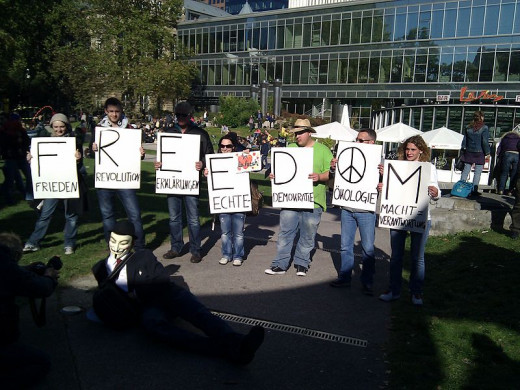
Consent of the Governed
Another fundamental principle is consent by the governed. Government exists for securing the rights and desires of the people in any nation. When the communist party of China took power in 1949, it became opposed to anyone who was against its rule. Through a dictatorial rule, it caused suffering through famine, deaths, execution and violence to its own people. Students, workers, and peasants joined hands to oppose this rule, which was clearly without citizen’s consent. Unfortunately, the government ordered the jailing, killing and execution of those opposed to its rule. Almost twenty years later, the rule is the same after the suppression of any further opposition. All through history, people have lived under varying types of autocracy. There are times when a single leader exerting unlimited power on the governed has ruled people. American became the first nation to define the rule of consent by the governed. That means people are sovereign, and the government can only be in power or exercise its authority through their consent.
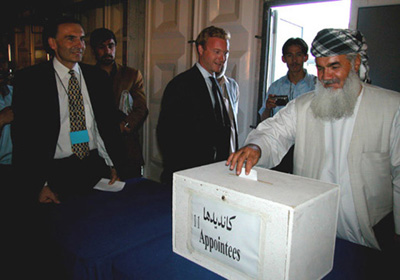
Free and Fair Elections
The only way that people can be sovereign is if those people have the power to choose who will lead them. That is why it is equally vital to have free and fair elections. The foundation of a citizen defining his or her political future is an election. It is only through an election that people can protest against a bad rule, change their leaders and address the wrongs in government. Elections are the representation of the ability for the governed to exercise their consent. Elections define the political right of the electorate in defining their political direction. In some nations, people have had to brave violence and intimidation in demanding the ability to choose their leaders and define their political future. In the declaration of human rights, any nation must have regular, free and fair elections. That means that there should be a set schedule upon which elections take place. That gives the citizens a guarantee that there is an opportunity to change their leadership if they so desire. For this to happen, it is essential for a state to have an independent electoral body that will not favor the government or any leader. This electoral body will oversee every election, ensure that elections are free, and fair

